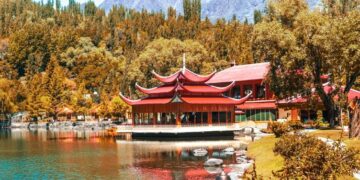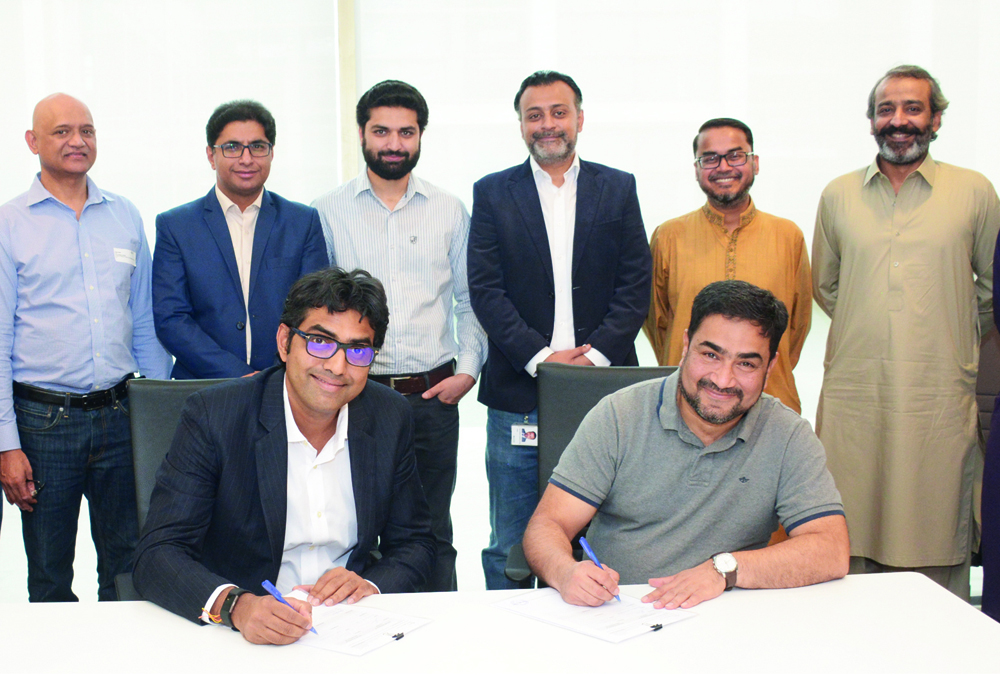KARACHI: Renowned economist Dr. Shahid Hassan Siddiqui has said that in-order to create jobs government should link Zakat, Qarz-e-Hasna and Ehsas Program to provide small loans to skilled workers. He was speaking as a guest speaker at an online Shura Hamdard Karachi meeting presided over by Justice (r) Haziq-ul-Khairi titled “Budget 2021-22: possibilities and expectations” held recently. Mrs. Sadia Rashid, the President of Shura Hamdard also attended the meeting via Zoom from Hamdard Corporate Head Office.
Dr Siddiqui said: “The budget 2021-22 is a deficit budget. Prior to the presentation, the provinces were asked not to fully allocate the funds they had received for the NFC award but to save Rs 570 billion to reduce the federal government’s budget deficit. The provinces did not comply with the directive, which resulted in budget deficit in advance.”
“Now the result is that out of Rs 7900 billion, Rs 3400 billion will be paid to the provinces under NFC Award and out of the remaining Rs 4500 billion, Rs 3000 billion will be paid as interest on loans while the remaining Rs 1500 billion will be spent on defense. The federal government has no choice but to seek additional loans in order to manage other departments,” he said.
He said “The government has also not taken any concert steps to curb inflation. The target for the petroleum levy has been set at Rs 610 billion, meaning that during the current financial year, the government will raise at least Rs 20 on petroleum products to achieve this, which will lead to a sharp rise in inflation.”
“After 18th Amendment, the importance of provincial budgets has increase substantially given the fact that health and educations sectors are now managed by provinces. More they also collect property and agricultural taxes. The tax amnesty scheme 2019 offered a safe exit but many people did not avail the opportunity. Now government must ensure a strict action against these individuals,” he concluded.
Zafar Iqbal said the federal budget 2021-22 offered nothing new as there were no concrete steps to broaden the tax net. “Influential sectors ensure guarantees and budget allocations for themselves while little is left for taxpayers, who did not get basic services such as electricity, gas, water, medical, quality education, effective law enforcement & transparent justice system,” he added.
Anwar Siddiqui said the federal budget 2021-22 was balanced. He stressed upon strengthening SMEs and recommended expansion of Ehsaas Program. “Ehsaas Program is very useful for those who are directly affected by the Covid-19 pandemic. The country can earn valuable foreign exchange through tourism. Pakistan’s main problem is rampant corruption, which should be addressed on priority basis,” he said.
Col (r) Mukhtar Butt said: “Budget with deficits cannot be people-friendly. Such budgets offer no relief to general population. Government has to take drastic steps to increase the tax net rather than imposing more tax on existing taxpayers.”
Cdr. (r) Sadeed Anwar Malik said: “Domestic tourism should be encouraged before attracting foreign tourists. There should be improvements in existing tourism facilities at tourism destinations. Country’s judicial system needs reforms. If we manage to do that, there will be a visible improvement in all aspects of our administration.”
Musarat Akram said: “Even though governments’ compulsions should not be ignored, however budget should always be drafted in consultation with stakeholders, not on the recommendations of some large corporate sectors and experts. Poverty alleviation should be a top priority for any government and more funds should be allocated in the budget to uplift people’s livelihood. Covid-19 pandemic and international economic situation are also the reason of country’s economic hardship.”
Ibn-ul-Hassan Rizvi said: “Government faces difficult circumstances, but still they managed to present a relatively balanced budget. We have to reevaluate ourselves. Sadly we do not manufacture value-added products which have international demand. That is why our exports are stagnant. Apart from textile industry, no other sector has been able to attract international buyers.”
Prof. Dr. Shaheen Habib said: “Pakistan suffers from economic woes. Government was expected to take some concrete step to boost exports, but they did not. Large segment of our society is comprised on young population. It is imperative for government to create jobs for them.”
Anwar Aziz Jakartawala said: “Cities have been constantly burdened by mass migration. Karachi in particular is the worst hit. The population burden creates social and infrastructure problems that cannot be easily fixed. There is a lot of potential of establishing new cities in Sindh and Balochistan. These new cities will also increase the income of these provinces and reduce the social problems of big cities.
Mrs. Sadia Rashid offered her condolences on the demise of close associates of Shaheed Hakim Mohammed Said, Ms. Lily Ann D’Silva (former Vice President of Madinah Al-Hikmah) and Mohammad Aslam Khan (Program Manager Shura Hamdard Peshawar). On this occasion, prayers were offered for the forgiveness of the deceased and for the bereaved.
In concluding remarks, Justice (r) Haziq-ul-Khairi thanked the guest speaker Dr. Shahid Hassan Siddiqui and all the members of Shura Hamdard Karachi for their participation and said that this was an important topic on which the meeting of Shura Hamdard Karachi was held. After which the meeting officially ended.
















